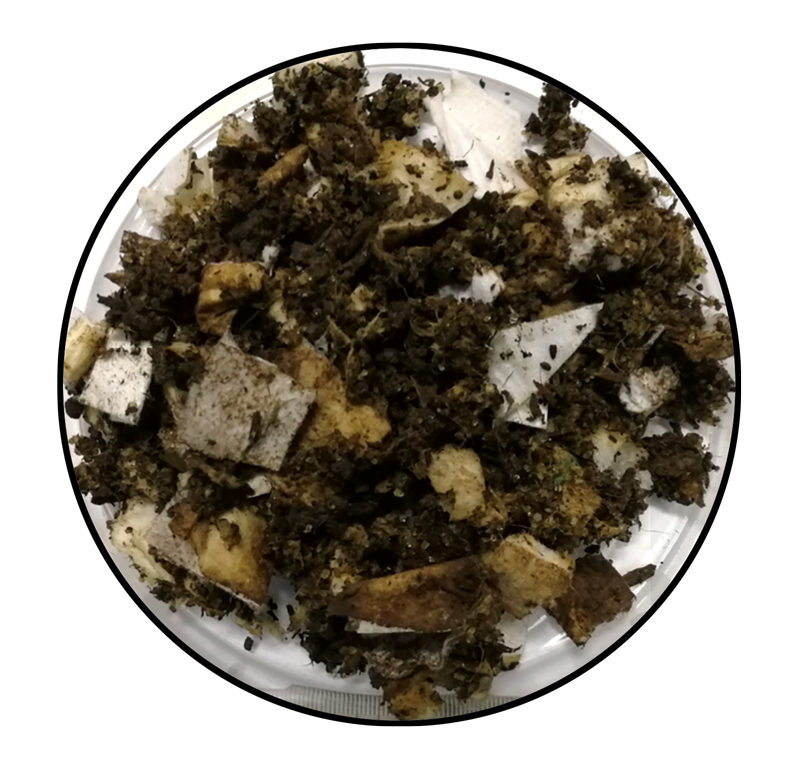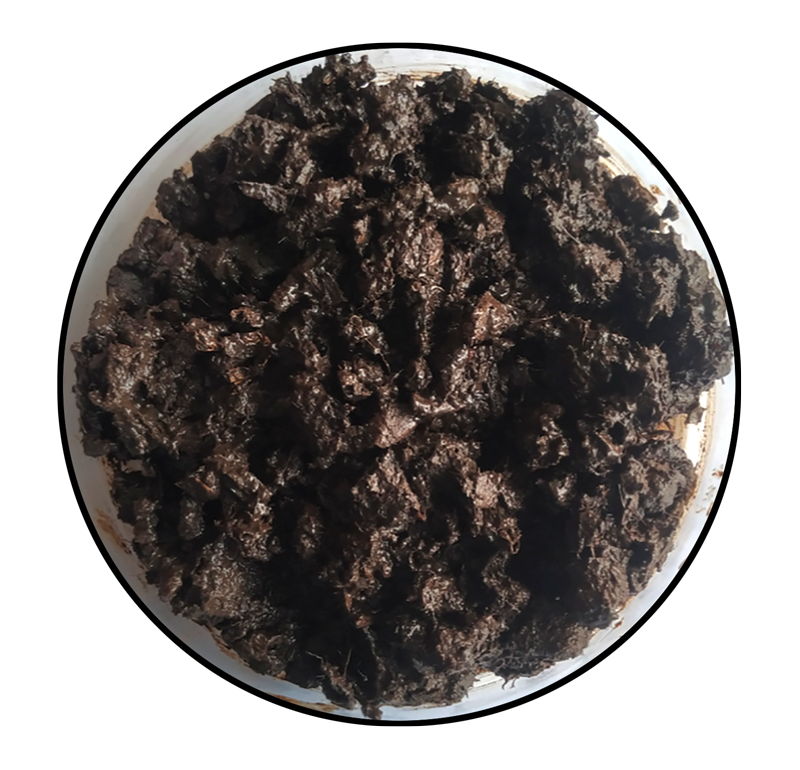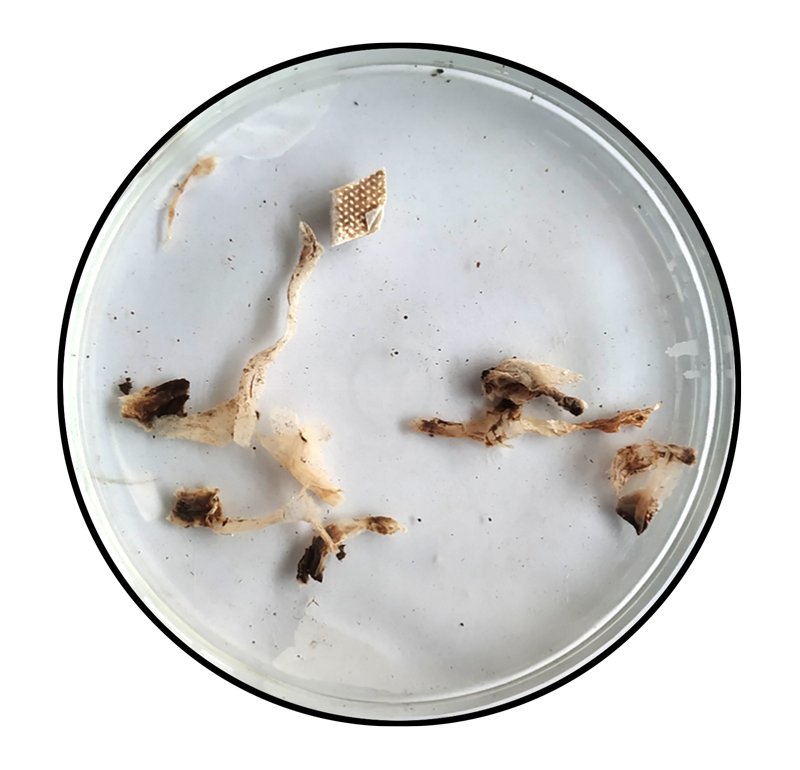composting with nest
Nest Diaper waste can be diverted from landfills into compost. We have partnered with the leading baby diaper compost providers to manage the process, it's an innovative way to take a step in the right direction.
Nest Diapers will compost in municipal/industrial facilities. We are in the final stages of concluding an updated biodegradability test. Final numbers and a full report will be available in the coming months. The number of industrial composting facilities that accept baby diapers is limited and may not be available near you. However, the development of such facilities is growing, and we are actively pursuing partners throughout the country who can manage the process.
Commercial Compost Providers
Do Good Diapers
Regions Serviced: Minneapolis–Saint Paul, Twin Cities Metro, Minnesota, Wisconsin
Do Good Diapers delivers sustainable diapering solutions to parents who want to do good without the dirty work.
Tiny Tots
Regions Serviced: San Francisco, Oakland, and San Jose Bay Area. California
Contact number: 408-866-2900
Open since 1996 and having laundered over 680 million (680,000,000) diapers, Tiny Tots is the original curbside recycler. They offer convenient home pick-up and delivery of diapers in the San Francisco, Oakland, and San Jose Bay Area.
Customer service has always been the hallmark of how the Tiny Tots family operates. Most evenings they would take a family outing to make emergency diaper deliveries. Even in spite of fires and closed streets, they never missed a delivery after the 1989 Loma Prieta earthquake. They've always made every attempt to ensure that their customers have diapers to use without running out. This tradition has become a part of the culture of Tiny Tots and continues today.
learn How it works:
Nest Baby Diapers are made primarily of wood pulp, bio-films, biomass SAP, SAP*, polyethylene* and polypropylene* which undergoes a 2-step degradation process. *Not all of the materials used in Nest Diapers compost. These items need to be manually removed, (i.e. fastening system, leg gathers).
1. DISINTEGRATION:
The moisture and heat in the compost pile split the polymer chains apart, creating smaller polymers, and finally, lactic acid.
2. BIODEGRATION:
Microorganisms in compost and soil consume the smaller polymer fragments and lactic acid as nutrients. Since lactic acid is widely found in nature, a large number of organisms metabolize lactic acid.
3. COMPOST:
The end result of composting is carbon dioxide, water and humus, a soil nutrient. This degradation process is temperature and humidity dependent. The non-biodegradable materials are screened out for recycling and or proper disposal.
Warning: Please do not dispose of Nest Diapers in your home compost pile. Nest Diapers need to be properly commercially composted to degrade.






